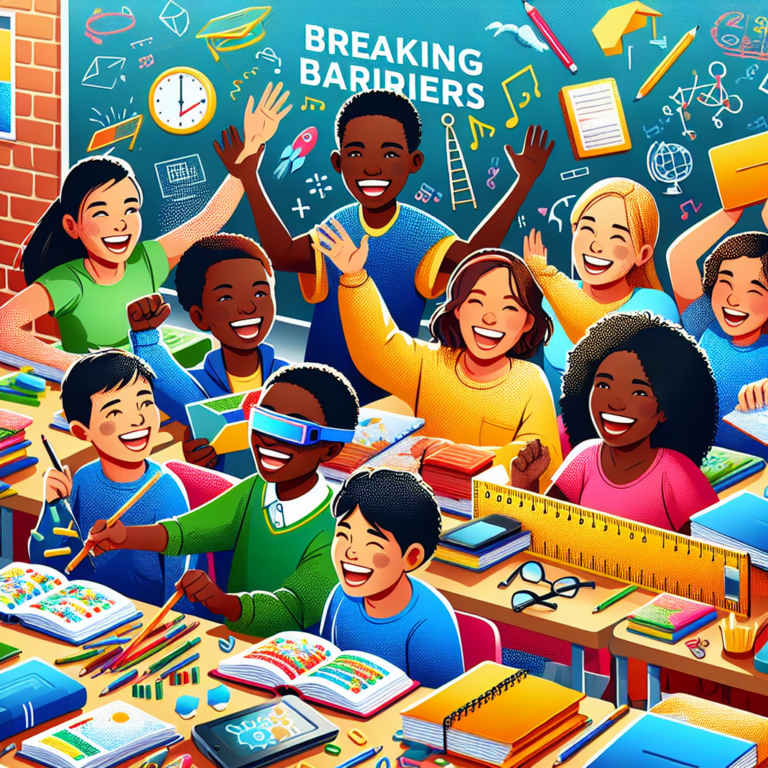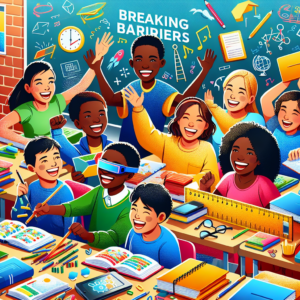Education is often described as a cornerstone of development, a key to unlocking potential and driving economic growth. However, in many parts of the world, accessing quality education remains a challenge, particularly for marginalized communities. In South Africa, a country with a complex history of social inequalities, the government has been working tirelessly to break down barriers and make education accessible to all.
Historically, South Africa’s education system was deeply divided along racial lines, with black students receiving a lower quality of education compared to their white counterparts. The apartheid regime enforced discriminatory policies that limited access to education for black South Africans, perpetuating cycles of poverty and inequality. In the post-apartheid era, the government has made significant strides in transforming the education system and ensuring that all citizens have access to quality education.
One of the key initiatives in this effort is the provision of free basic education for all children in South Africa. The government has introduced policies to ensure that every child has the opportunity to attend school and receive a basic education, regardless of their socio-economic background. This includes initiatives such as the no-fee schools policy, which aims to eliminate financial barriers to education for the most vulnerable students.
In addition to addressing financial barriers, the government has also focused on improving the quality of education in South Africa. This includes investing in teacher training programs, school infrastructure, and curriculum development to ensure that all students have access to a high-quality education. Efforts have also been made to promote inclusive education practices, such as inclusive classrooms that accommodate students with disabilities and special educational needs.
Another key aspect of breaking down barriers to education in South Africa is addressing the digital divide. With the growing importance of technology in education, the government has made efforts to provide schools with access to digital resources and support for online learning. This includes initiatives such as the provision of tablets to schools and the development of online platforms for distance learning.
Despite these efforts, challenges remain in ensuring that education is truly accessible to all in South Africa. Socio-economic inequalities continue to impact access to education, with students from disadvantaged backgrounds facing barriers such as lack of resources, inadequate infrastructure, and limited access to educational support services. Addressing these challenges requires a multi-faceted approach that includes targeted interventions to address the specific needs of marginalized communities.
Overall, the strides made by the South African government in making education accessible to all are commendable. By breaking down barriers and ensuring that every child has the opportunity to receive a quality education, South Africa is investing in the future of its citizens and working towards a more inclusive and equitable society. As the country continues on this path, it is vital that efforts to improve access to education are sustained and expanded to reach all communities, ensuring that every child has the chance to fulfill their potential and contribute to the country’s development.







